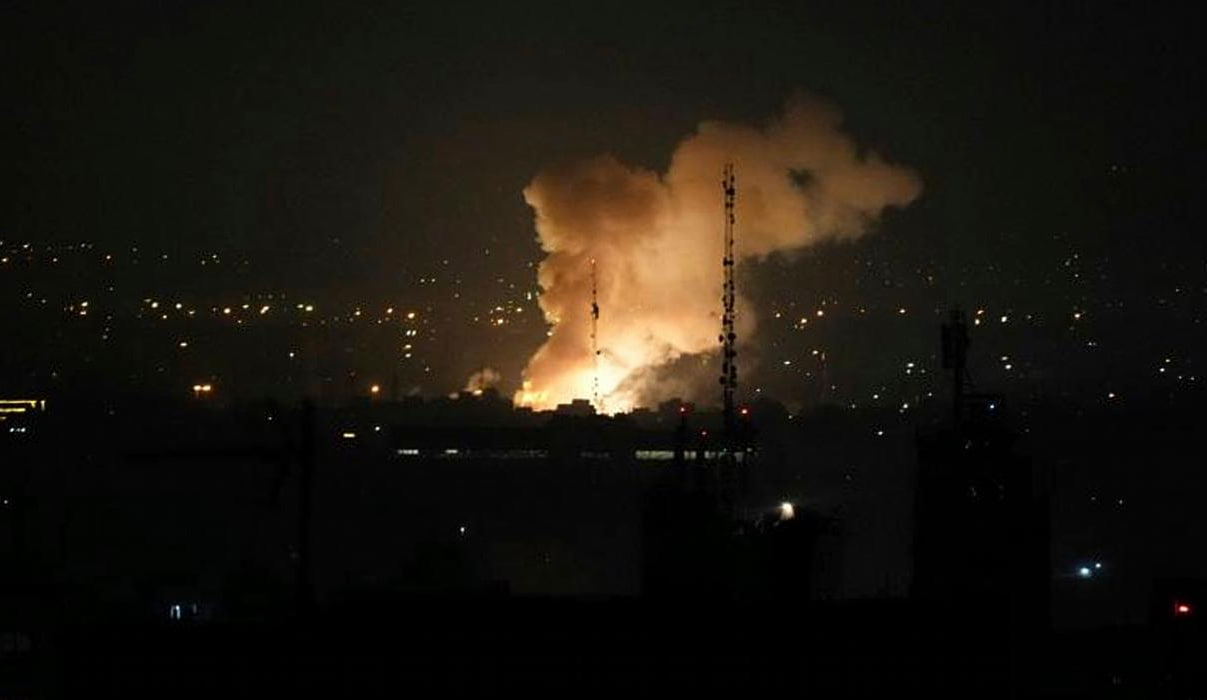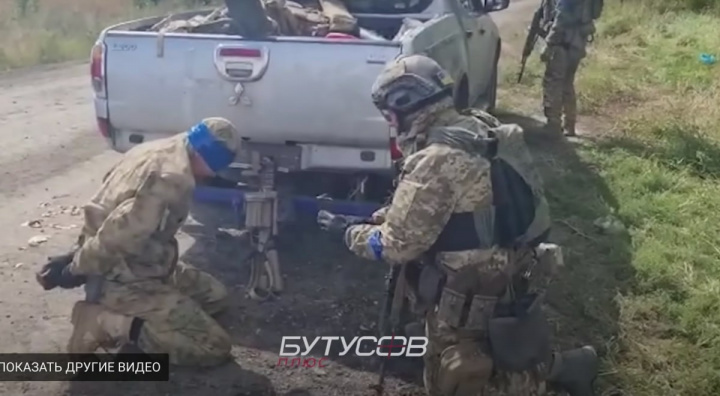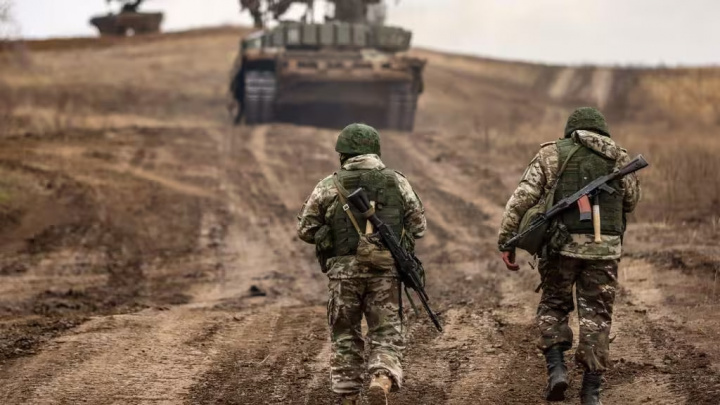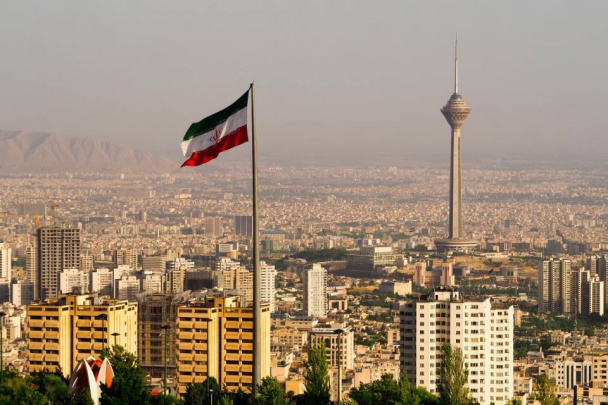Israel launches massive attack on Iran’s military and nuclear sites
Israeli Prime Minister Benjamin Netanyahu declared that the military operation, targeting “nuclear facilities and high-ranking officials and scientists,” will continue “as long as necessary.” Media reports suggest that the Chief of Staff of Iran’s Armed Forces, the Commander of the Islamic Revolutionary Guard Corps (IRGC), and several nuclear scientists may have been killed. The U.S. has stated that it was not involved in the attacks. Israel is now preparing for a retaliatory strike.

On Friday morning, the Israeli army announced the launch of a large-scale offensive on Iran’s military and nuclear sites under the codename “Operation Rising Lion.” The attacks occurred shortly after U.S. President Donald Trump reiterated his commitment to diplomatic negotiations with Tehran.
Powerful explosions were reported in the Iranian cities of Natanz, Khondab, and around Tehran. Iran closed its airspace and suspended operations at Tehran International Airport. Residents of Tehran confirmed hearing major blasts, while state television broadcast footage of smoke and fire rising from buildings. An Iranian official said fighter jets were scrambled to intercept Israeli aircraft.
Israeli officials described the strikes as a “preemptive warning blow” aimed at preventing Iran from acquiring a nuclear bomb. The Israeli Defense Forces stated the attacks specifically targeted Iran’s long-range missile program and nuclear infrastructure.
Targets included nuclear facilities, air defense systems, homes and headquarters of senior officials, weapons depots, and research laboratories. The first wave of strikes reportedly focused on eliminating high-ranking figures.
Preliminary assessments suggest the following key individuals may have been killed:
• Major General Mohammad Bagheri, Chief of Staff of Iran’s Armed Forces
• General Hossein Salami, Commander of the IRGC
• Several IRGC commanders
• Leading nuclear scientists Fereydoon Abbasi and Mehdi Tehranchi
In a video address Friday morning, Netanyahu justified the strikes as essential for Israel’s security, saying the operation “will last as many days as necessary.” He confirmed that Israel specifically targeted the Natanz uranium enrichment center, Iran’s ballistic missile infrastructure, and top nuclear scientists.
Following the strikes, Israeli citizens across the country began moving into public shelters and fortified locations. The Ministry of Defense declared a national emergency, urging preparedness for potential Iranian missile and drone attacks. One of Israel’s largest medical centers in Tel Aviv opened its underground emergency hospital and began relocating departments.
The U.S. Embassy in Jerusalem instructed all government personnel and their families to remain in place.
Iran’s Civil Aviation Authority announced the country’s airspace would remain closed until further notice.
According to the White House, President Trump has scheduled a National Security Council meeting for Friday. As of now, he has not made any public statement. It also remains unclear whether the U.S. will offer military assistance to Israel in the event of an Iranian counterattack.
U.S. Secretary of State Marco Rubio clarified that the United States was not involved in the strikes, stating:
“Israel acted independently in the overnight operation. The U.S. has no connection to these attacks, and our top priority remains the protection of American military personnel in the region.”
Rubio also issued a stern warning to Iran not to attack U.S. interests or personnel.
In the days leading up to the attacks, the U.S. had begun evacuating some staff and families from its diplomatic missions and military bases in the Middle East.
Related News

16:17 / 31.07.2025
“Uzbek nationals make up the largest group of foreign prisoners of war in Ukraine” – Report

11:47 / 18.07.2025
Uzbek national recruited by Wagner convicted upon return

14:01 / 07.07.2025
Two citizens of Uzbekistan sentenced for fighting in Russian army against Ukraine

14:40 / 26.06.2025



